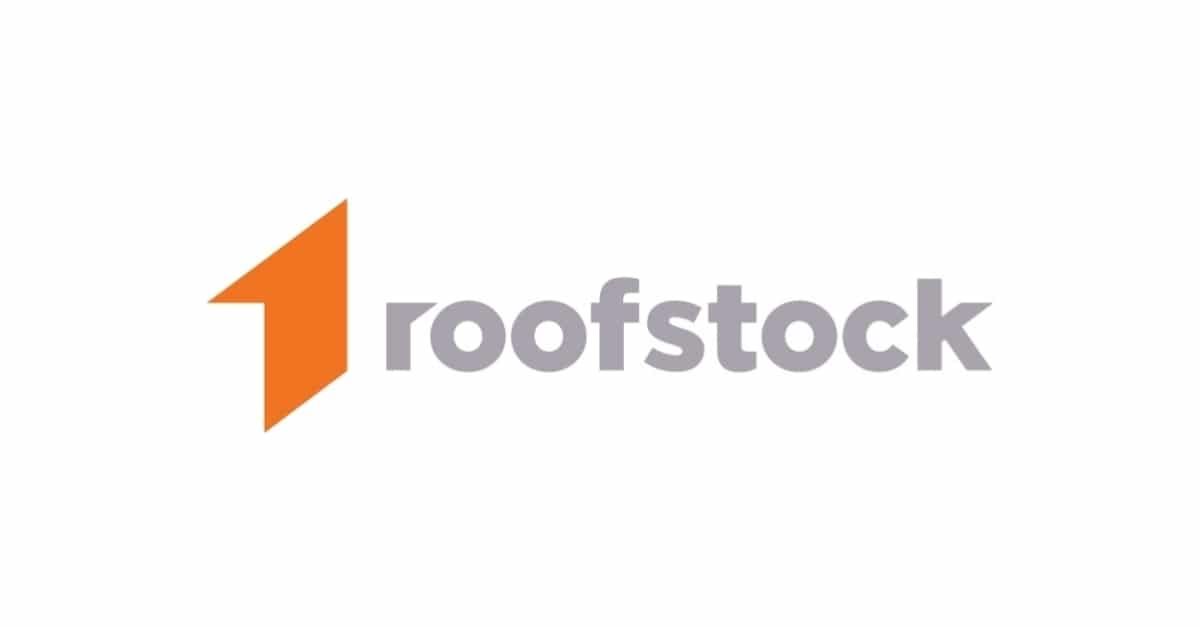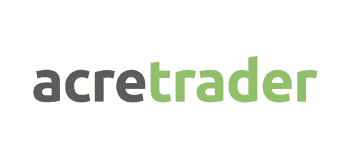
Crowdfunded real estate platforms have opened up real estate investing to the masses.
Real estate investment has always been a game for the big dogs. With a high barrier-to-entry and a history of backroom deals and greasy palms, many investors would never even think of real estate investment as a viable option. Leave that for the big wigs, right?
Not necessarily.
Like many forms of investing, that stigma is beginning to change in the digital age. The advent of real estate crowdfunding has opened up a whole new world for investors looking to get a foot in the door of large commercial developments, residential projects and more.
So what is real estate crowdfunding all about, and how does it work? Read on to find out.
What Is Real Estate Crowdfunding?
Real estate crowdfunding is when real estate projects are allowed to be partially or wholly funded by individual investors, who have just recently gained the right to invest in these kinds of projects.
Like other forms of crowdfunding, real estate crowdfunding is a relatively new invention. The JOBS act in 2012 helped pave the way for crowdfunding in real estate, but unfortunately for eager investors, there are rules on who can participate.
You have to have a net worth of at least $1 million, not including your primary residence. Don’t have that much in assets? You have to earn at least $200,000. Those high barriers mean real estate crowdfunding is not something the lay investor will have access to - at least not right away.
However, it does give millions more people access to one of the most secretive aspects of investing. It also allows companies to fund their goals without going through the more formal rounds of fundraising.
How Does It Work?
When you invest via a real estate crowdfunding platform, you become a limited partner in the investment, which can vary by project. You really need to look at the project when deciding. Some projects are debt-based, meaning that you are providing a loan that is secured by the property. Other projects might be debt-based as well, but you're actually investing in a third-party note tied to the performance of the underlying real estate investment.
Some projects are equity-based, which means you are investing in a fund, such as a REIT, which holds a property or multiple properties and you'll receive cash flow as well as some of the upside in appreciation.
Many companies only require a $500 minimum investment in a project, so the barrier to entry is relatively low. The companies also charge fees of up to 3%, which may be a shock for those used to investing in low-cost mutual funds and ETFs. You may not see these fees directly, since they are typically paid out of the return prior to paying you.
Related: How Investment Fees Can Hurt Your Investments (Significantly)
How Do You Make Money?
Making money in real estate crowdfunding, like any type of investment, requires doing a lot of research. $5,000 may not be much for some people, but the smaller investors who will benefit the most from real estate crowdfunding need to contribute carefully.
Just like any type of investment, you can make money in two ways:
- Appreciation of the asset (typically the property you're investing in)
- Income from the asset (such as rents received)
Every investment varies - some guarantee a minimum return, some don't. You really need to read the fine print before investing.
It also helps to only invest money that you can afford to lose. This is partly why only accredited investors are currently allowed to participate in real estate crowdfunding. Some companies let investors put as little as $5,000 into a project. If you’re not completely sure about a firm’s prospects but still want to invest, investing a small amount may be the best option.
Best Companies In Real Estate Crowdfunding
There are a lot of companies getting involved in the space. Here's a short list of the top contenders.
Fundrise
One of the most popular real estate crowdfunding sites, Fundrise has a minimum investment of $10 and charges between 0-3% in fees. The site is ruthless about which projects it accepts - only about 5% of proposals are chosen.
Fundrise is another one of our favorite sites simply because of the range of investment properties they have to choose from, but also because you don't have to be an accredited investor to invest - they are one of the only platforms that allows this currently.
Check out our Fundrise review here.
RealtyMogul
Investors who use RealtyMogul have the flexibility to put as little as $5,000 down, but can also participate in large-scale projects - such as the Hard Rock Hotel in Palm Springs. People can fund real estate loans or buy an equity share in a property.
They do charge 1% to 1.25% per year in management fees.
Check out our RealtyMogul review here.
Roofstock
RoofStock is a company that allows investors to purchase single family rentals that are already occupied. Beyond having a great marketplace, they offer a lot of add-on services like management that makes investing in single family rentals extremely easy.
Plus, they now offer RoofstockOne, which is a REIT made up of a bunch of single family homes.
Check out our full Roofstock review here.
EquityMultiple
EquityMultiple is a platform where you can invest in pre-vetted projects from investors looking to raise money. These investments can be in preferred equity, debt, or regular equity.
They offer a variety of different investment options, including direct investments and a fund. They also have some of the highest minimums, ranging from $5,000 to $20,000.
Read our full EquityMultiple Review here.
FarmTogether
FarmTogether is a platform that allows you to own fractional ownership of US Farmland. This is a great alternative to traditional real estate as farmland is a slow and steady real estate sector.
They have a minimum investment of $15,000, and you'll become a limited partner in a farm.
Read our full FarmTogether Review here.
AcreTrader
AcreTrader is another platform that allows you to invest in US Farmland. This has the benefit of both rent collection and land appreciation. While the returns are not high, historically they've been very steady.
This company also has some closely-related products, such as investing in timber acreage, and also some debt financing tools.
Read our full AcreTrader Review here.
Final Thoughts
If you're an accredited investor and are looking to get into real estate, P2P real estate investing is something that you should consider. It's very easy to get started - but just like traditional real estate investing, it is higher risk for higher reward.
If you're willing to accept that higher risk, check out these platforms.
Have you had a good experience with any of these real estate crowdfunding sites?

Zina Kumok is a freelance writer specializing in personal finance. She has been featured in Lifehacker, DailyWorth and Time, and she paid off $28,000 worth of student loans in three years. She also works with people one-on-one as a money coach at ConsciousCoins.com.
Editor: Robert Farrington Reviewed by: Claire Tak






